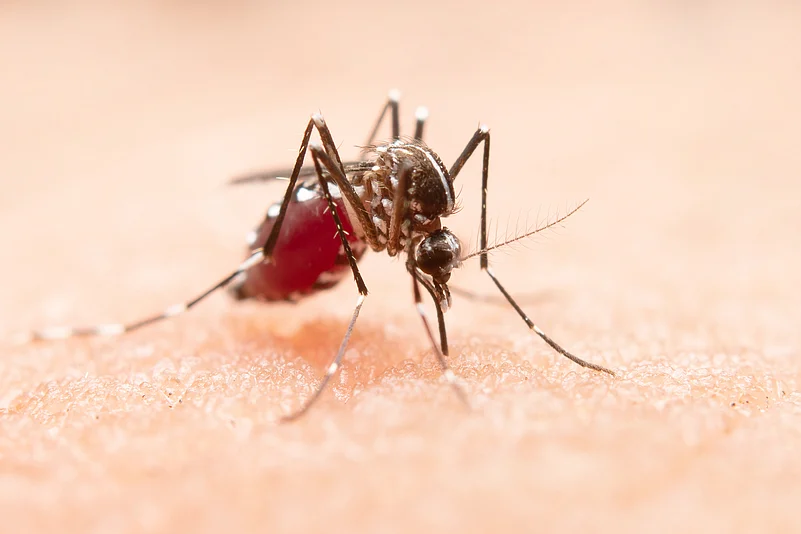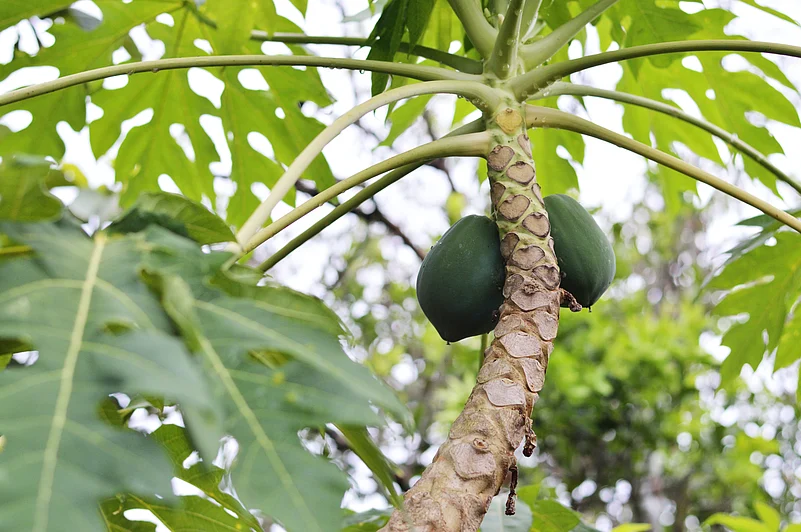Malaria is one of the most common and life-threatening diseases in the world. It is caused by parasites that are spread by infected mosquitoes. Modern medicine has made a lot of progress in treating malaria. However, many natural remedies are still available in the world that can treat malaria. Ayurveda is one of the oldest systems of medicine in the world that helps improve your symptoms and speed up the healing process. In this article, we will look at 5 Ayurvedic remedies that can help with malaria.
Top 5 Ayurvedic Remedies To Fight Malaria
Explore Ayurvedic remedies to manage malaria symptoms and promote recovery.

Symptoms Of Malaria
Malaria can cause high fever and chills. It can also cause sweating and muscle aches. It can make you feel tired, nauseous, and vomit. Malaria can also cause anemia and jaundice. It can also lead to organ failure. Malaria symptoms can range from mild to severe depending on the malaria parasite and your immune system. It is important to get a diagnosis and treatment as soon as possible to avoid complications.
Ayurvedic Remedies To Combat Malaria
Giloy (Tinospora cordifolia)
Giloy is one of Ayurveda’s most effective immunomodulatory herbs. It is also known as guduchi or amritavalli. Giloy is known for improving the body’s defense mechanisms and fighting various infections, such as malaria. Giloy stimulates white blood cell production, which plays a vital role in the fight against malaria parasites. It also has anti-inflammatory and anti-retroviral properties, which help to reduce fever and other malaria symptoms. Drinking Giloy juice or tablets can help to manage malaria and promote recovery.

Papaya Leaves
Papaya leaves are a traditional Ayurvedic medicinal product used to treat various diseases, including malaria. Papaya leaves contain enzymes such as papain, which have anti-inflammatory, anti-malarial, and anti-fungal properties. Drinking papaya leaf juice helps in raising platelet count, relieving fever, and relieving malaria symptoms. It is especially helpful in treating the complications of serious malaria, such as low platelet count.

Ginger
Ginger is one of Ayurveda’s most useful herbs. It has anti-inflammatory, anti-microbial, and analgesic properties, which can help in controlling malaria symptoms. Ginger can help in reducing fever, nausea, and vomiting, and improve digestion. Drinking ginger tea or fresh ginger juice can help alleviate malaria-related discomfort and support the body’s healing process.

Bhumyamalaki (Phyllanthus niruri)
This Ayurvedic medicinal herb, also known as stonebreaker or chanca piedra, is known for its anti-inflammatory, hepatoprotective, and anti-malaria properties. It helps in the treatment of malaria-related liver complications and helps in the overall recovery process. This herb contains bioactive compounds such as lignans and flavonoids, as well as alkaloids. These compounds act as antimalarials by blocking the malaria parasite's growth. Consuming Bhumyamalaki powder, or decoction, can support liver function, reduce inflammation, and increase the body's malaria resistance.

Saptparna ki Chhaal (bark)
Saptparna ki Chhaal (bark), also known as Alstonia scholaris, is one of the Ayurveda remedies for malaria. This bark has anti-malaria and anti-para-malaria properties, which help to reduce fever and fight the malaria parasite. The alkaloids present in the bark of the Alstonia tree are echitamin, echitamidine, and other alkaloids. These alkaloids act as antimalarials by blocking the malaria parasite’s growth and reproduction. Eating decoction that is made from the bark of the tree can help to control malaria symptoms and promote recovery.




















